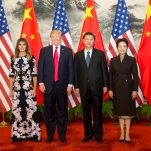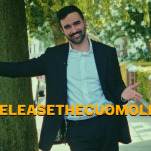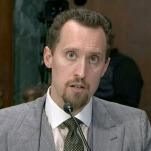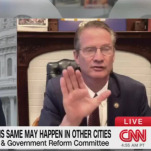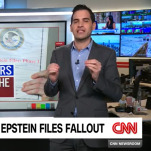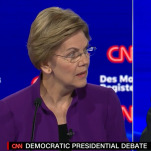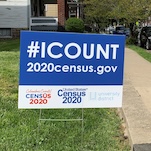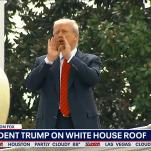How Rubio's immigration confusion could hurt him in 2016
Marco Rubio went to virtually unprecedented lengths to sell an unlikely crowd on his version of immigration reform. Rubio, the U.S. senator from Florida who announced on Monday that he will run for president in 2016, did Rush Limbaugh. He did Sean Hannity. He checked all the conservative boxes.
“What you are doing is admirable and noteworthy,” Limbaugh told Rubio in January 2013, when he was part of the Senate “gang of eight” that released a bipartisan, comprehensive plan to overhaul the nation’s immigration system. “You are recognizing reality.”
In the end, Rubio didn’t end up convincing himself. Three months later, when he appeared on Limbaugh’s radio show again, Limbaugh attacked him, accusing him of selling out to Democrats and “committing suicide” on behalf of the Republican Party.
Two years later, Rubio rarely talks about immigration reform anymore. He backed away from his own immigration bill and now fully admits that immigration reform in a comprehensive, one-fell-swoop sense is not possible. He took that tone when speaking at a conservative conference in February.
“What I’ve learned is you can’t even have a conversation about that until people believe and know—not just believe, but it’s proven to them—that future illegal immigration will be controlled,” he said in a question-and-answer session with Hannity. “That is the single biggest lesson of the last two years.”
Rubio’s continued dance with immigration reform will be a key issue through which he’ll have to navigate during what he hopes is an 18.5-month run to the White House as the nation’s first Cuban-American president. The 43-year-old Rubio’s argument is that he is conservative but also electable, and can appeal to constituencies that don’t normally vote Republican — namely Latinos and young people.
“He’s not an Ivy Leaguer, but the establishment respects him. He’s not an ideologue, but the far right of the party doesn’t dismiss him,” said Weston Wamp, a former congressional candidate from Tennessee who supports a path to citizenship for undocumented immigrants.
“All things considered, he’s our most polished choice. As the youngest candidate in the field, [he will] have an opportunity to bring millennials to his cause. His empathy for immigrants, however, makes him the best hope for the Republican Party to remain relevant with an enormous demographic shift underway.”
But polling shows that Rubio’s immigration shifts could prove costly with those changing demographics. The polling firm Latino Decisions has measured Latinos’ sentiment toward Rubio over the past two-plus years, and has found that his backtrack on immigration has hurt his standing with those voters.
-

-

-

-

-

-

-

-

-

-

-

-

-

-

-

-

-

-

-

-

-

-

-

-

-

-

-

-

-

-

-

-

-

-

-

-

-

-

-

-

-

-

-

-

-

-

-

-

-

-

-

-

-

-

-

-

-

-

-

-

-

-

-

-

-

-

-

-

-

-

-

-

-

-

-

-

-

-

-

-

-

-

-

-

-

-

-

-

-

-

-

-

-

-

-

-

-

-

-

-

-

-

-

-

-

-

-

-















































































